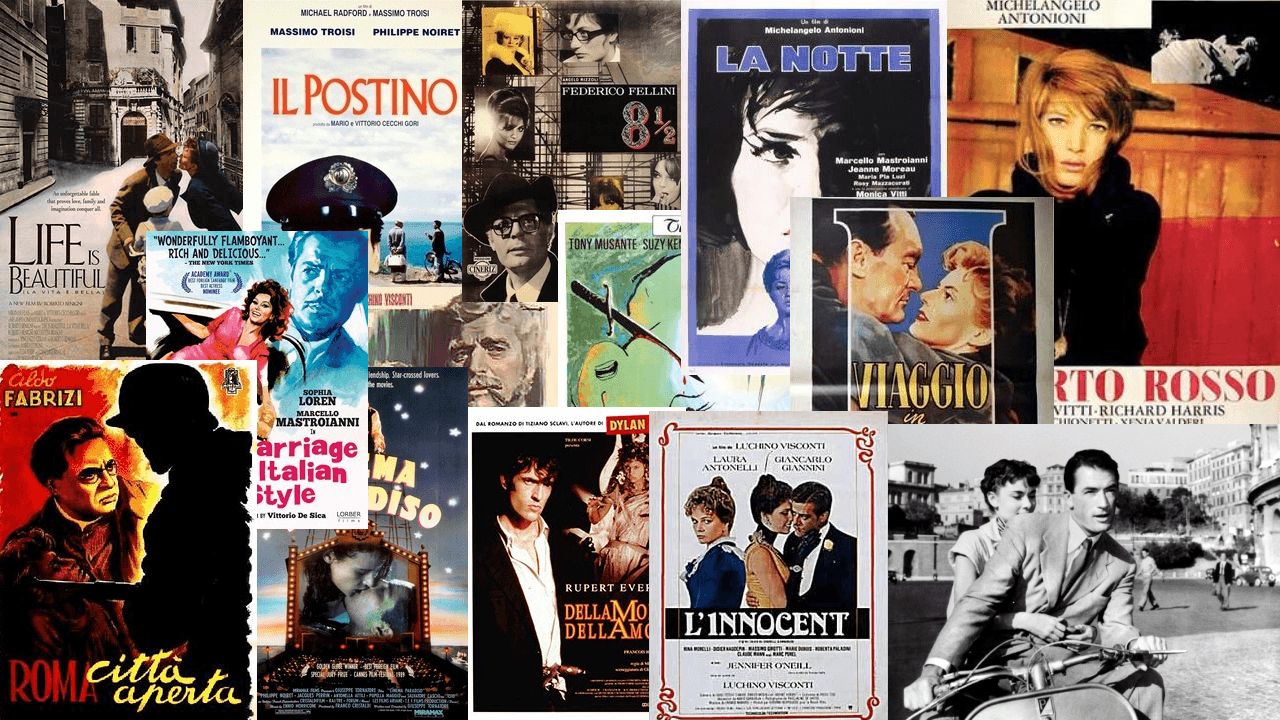What do you think are the best Italian movies of all time? We offer a selection of incredible Italian movies that we believe offer the best examples of classic Italian cinema.
The Battle of Algiers (1966)
Directed by Gillo Pontecorvo, "The Battle of Algiers" charts the final years of the North African city under French colonial rule and stars some of the actual revolutionaries who took part in the fighting.
Banned in France after its initial release, this radical piece of cinema shows the conflict from both the revolutionary and counter-revolutionary sides.
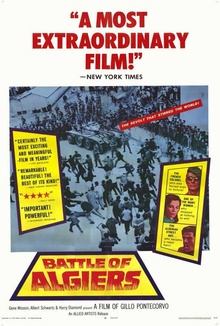
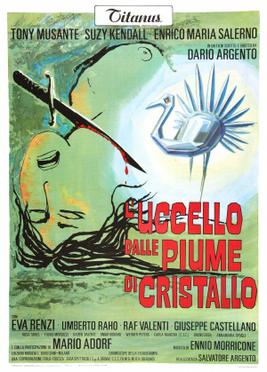
The Bird with the Crystal Plumage (1969)
This groundbreaking thriller by Dario Argento mixes murder-mystery with sex and style and was the pioneering film of Italy's "Giallo" genre.
It follows the story of an American writer in Rome who witnesses an unsuccessful murder attempt and takes it upon himself to try and catch the would-be killer.
City of the Living Dead (1980)
This classic 80s horror, courtesy of Lucio Fulci, is a fantastically blood-soaked zombie movie.
After the Gates of Hell are opened in a sleepy Massachusetts town, a reporter and a psychic must team up to battle the undead hordes.
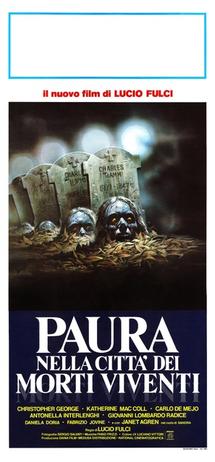
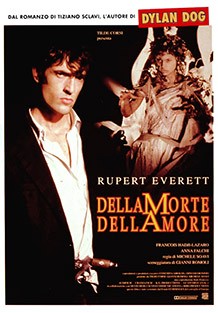
Dellamorte Dellamore (1994)
Known as "Cemetery Man" to English-speaking audiences, this horror-comedy by Michele Soavi evokes other classics of the genre like the "Evil Dead".
Starring Rupert Everett, it tells the story of a cemetery caretaker who searches for love by day and battles the undead by night.
Django (1966)
One of the true greats of the Spaghetti Western genre, Sergio Corbucci's "Django" is a true classic.
Made to rival other successes of the genre, such as Leone's "A Fistfull of Dollars", it follows the story of a mysterious civil war drifter who becomes entangled in a feud between two rival gangs.
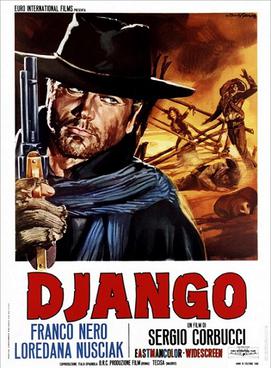
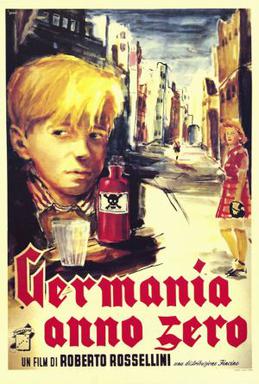
Germany, Year Zero (1948)
The final film of Roberto Rossellini's unofficial war trilogy, "Germany, Year Zero", is a telling piece of neorealist cinema.
Following the story of a young boy in post-war Berlin, it shows the fight for survival in a city almost completely destroyed by war.
L'innocente (1976)
Directed by Luchino Visconti and based on the novel by Gabriele d'Annunzio, "L'innocente" is a historical drama set in the late 19th century.
It follows the tragic tale of betrayal and broken hearts, rich in the opulent lifestyle of the aristocracy of the 1800s.
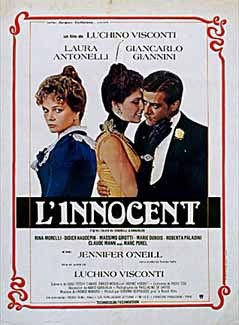
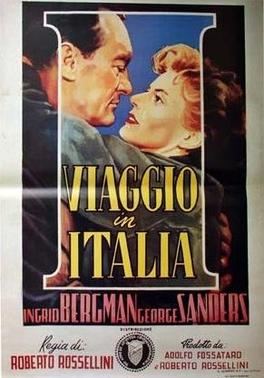
Journey to Italy (1954)
Considered Roberto Rossellini's masterpiece, this seminal piece of modernist cinema charts the decline of a marriage during a visit to Italy.
Starring Ingrid Bergman, Sight & Sound magazine included this film among the 50 greatest films ever made. Most notably, "Journey to Italy" is cited as an influence by French New Wave heavyweights such as Jean-Luc Godard and Francois Truffaut.
The Mask of Satan (1960)
Another classic of Italian horror, "Black Sunday", as it is known in English, is the directorial debut of Mario Bava.
Set in Moldavia and loosely based on a gothic horror novella by Ukrainian author Nikolai Gogol, it follows the tale of a beautiful but persecuted witch who rises from the dead to seek revenge on the descendants of those who murdered her.
.jpg)
.jpg)
Medea (1970)
"Medea" is Pier Paolo Pasolini's striking but faithful adaptation of Euripides' ancient Greek tragedy of the same name.
It follows the myth of Medea, who is betrayed by Jason (famous for his adventures with the Argonauts) and is the only film in which the opera star Maria Callas ever appeared.
La Notte (1961)
Michelangelo Antonioni's "La Notte" (or "The Night") stars a titan of many Italian films, Marcello Mastroianni, alongside Jeanne Moreau.
The story follows a famous writer and his wife as they attempt to examine why the love between them has started to dwindle. Over the course of one night, they explore their life together and try to discover where things might have gone wrong.
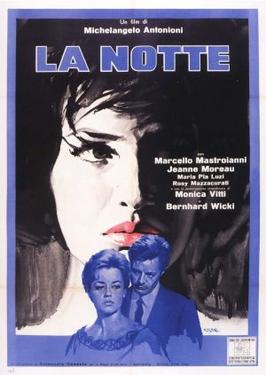
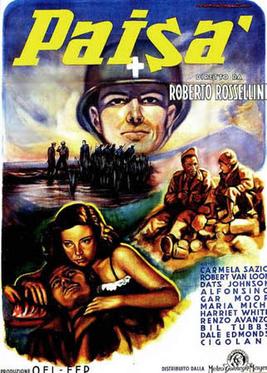
Paisà (1946)
The second of Roberto Rossellini's war trilogy, "Paisà " (or "Paisan" meaning "Countryman"), follows the Italian campaign during World War II. The film is divided into six episodes, with the communication difficulties between the Italian and German Axis powers being a recurring theme.
Red Desert (1964)
Directed by Michelangelo Antonioni and considered one of his masterpieces, "Red Desert" stars his long time collaborator Monica Vitti. The film is set in the industrial north of Italy. It follows an emotionally distressed woman as she begins an affair with an affluent businessman, played by British legend Richard Harris.
.jpg)
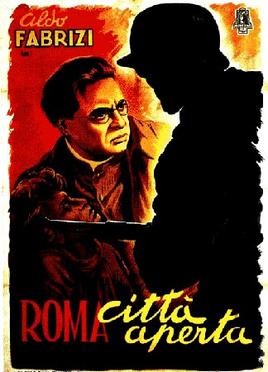
Roma Città Aperta (1945)
"Rome, Open City" is the first of Robert Rossellini's war trilogy and is a neorealist portrait of the Italian capital under Nazi occupation in 1944. It follows the story of those who resisted the occupation until Rome was officially declared an open city once more. The film won several awards, including the highly regarded Cannes Grand Prix.
Ladri Di Biciclette (1948)
More commonly known to English audiences as "The Bicycle Thieves" 1948, this classic was directed by Vittoria De Sica. Shortly after WWII, the story takes place in Rome as an impoverished father, Antonio Ricci, attempts to find work. After his bicycle is stolen, he takes his son Bruno with him as they attempt to track down the thieves.
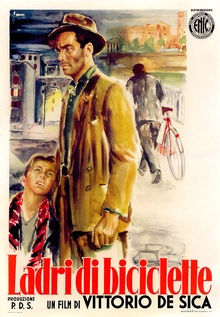
.jpg)
Vacanze Romane (1953)
"Roman Holiday" by William Wyler is one of the classic films in the romantic comedy genre. With a stellar leading couple of Gregory Peck and Audrey Hepburn, this film follows a young princess as she takes a tour through Europe.
Once in Rome, an American journalist discovers who she really is and attempts to use her for a story, not knowing that he would eventually fall in love with her.
This film is notable for making Audrey Hepburn a household name and familiarising the world with the classic Vespa scooter as a hallmark of the Italian lifestyle.
La Dolce Vita (1960)
Undoubtedly one of the greatest films ever made, "La Dolce Vita", comes from the genius mind of one of Italy's greatest film directors: Federico Fellini.
The film follows a gossip column journalist, played by Marcello Mastroianni, as he traverses "the sweet life" of Rome in search of love and a happy life.
This comedic drama won the prestigious Cannes Film Festival's Palme d'Or for 1960 and is definitely one to watch if you haven't already.
_coverart.jpg)
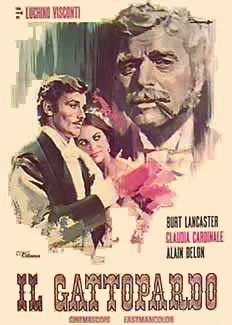
Il Gattopardo (1963)
Luchino Visconti's "The Leopard" is based on Giuseppe Tomasi di Lampedusa's 1958 novel of the same name. The story follows an aristocratic Sicilian family through the Risorgimento, Italy's unification process during the 19th century.
It boasts an impressive international cast, with classic cinema legends such as Burt Lancaster, Alain Delon, Claudia Cardinale and Terence Hill.
Otto e Mezzo (1963)
Another masterpiece by the visionary director Federico Fellini, "8½" is one of the greatest, surreal comedies of all time. The story follows a movie director, loosely based on Fellini himself, who wrestles with an existential crisis while working on a new film.
Starring Fellini's collaborator, Marcello Mastroianni, the film depicts how the titular director escapes his troubles in the vivid interior world of his imagination. "8½" is considered one of the greatest cinematographic films ever made.
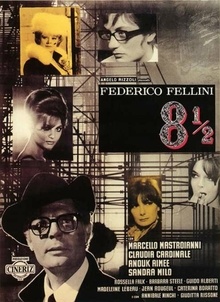
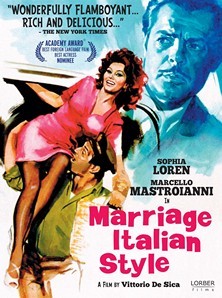
Matrimonio All'Italiana (1964)
This classic romantic comedy by Vittorio De Sica, "Marriage Italian Style", stars Italian cinema royalty Marcello Mastroianni, Sophia Loren and Vito Moricone.
The film takes place just after WWII, where a wealthy businessman named Domenico has a dalliance with a moneyless prostitute named Filumena. After a while, Filumena hatches a plan to convince Domenico into marrying her by pretending to be on the verge of death.
Nuovo Cinema Paradiso (1988)
Known simply in English as "Cinema Paradiso", this 1988 drama comes from writer and director Giuseppe Tornatore. The film takes its inspiration from the Protti family, who have owned and managed the same movie theatre in Mantua since the early 20th century.
The story is told through a collection of flashbacks, as the film's director reminisces about his childhood in the small Italian town and on his relationship with the theatre's owners. Considered by many as one of the greatest films of Italian cinema, it won the Academy Award for Best Foreign Language Film in 1990.
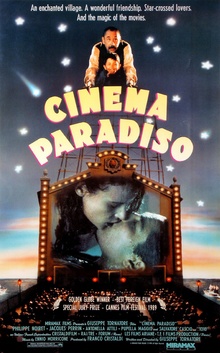
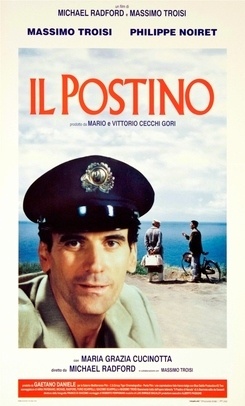
Il Postino (1994)
This 1994 comedy was co-written by Massimo Troisi, who also starred in the movie and was directed by Michael Radford. "The Postman" is a work of fiction in which an unemployed man named Mario is given work as a postman for his local village. As part of his job, he must deliver mail to the famous Chilean poet Pablo Neruda.
Over time, Pablo and Mario form a friendship, with Mario gaining an appreciation for poetry in an attempt to impress the woman he loves. The film garnered much praise and won the BAFTA awards for Best Film Not in the English Language, Best Film Music and Best Director.
La Vita è Bella (Life is Beautiful)(1997)
Directed by Roberto Benigni, "Life is Beautiful" is a 1997 drama that follows a Jewish family as they navigate life in Italy during the 1930s. Begnini is perhaps renowned for the spectacular way he accepted the 1999 Academy Award for Best Foreign Language Film, awarded to him by Sophia Loren, no less.
The story follows the father of the family, Guido, as he attempts through humour and imagination to protect his son from the horrors of the Nazis invasion of their town, turning their life into a game.
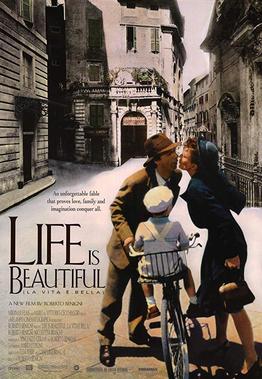
Original Vintage Movie Posters for Sale
We created this website to provide a vintage movie poster guide. If you have an interest in classic movie posters from the 1950s, 1960s or 1980s, we hope you will learn more about the most popular posters of the period.
Take a sneak peak at some of the posters we have in stock here. However, if you have a film in mind and don't see it here, please get in touch as we'd be happy to locate it for you.
Are you interested in movie poster collecting? We hope you have gained useful information from this article discussing: the best Italian movies of all time. Follow the links below to discover more about collectable movie posters.

